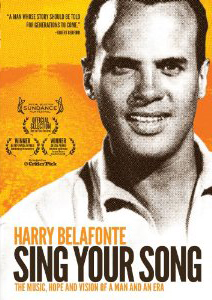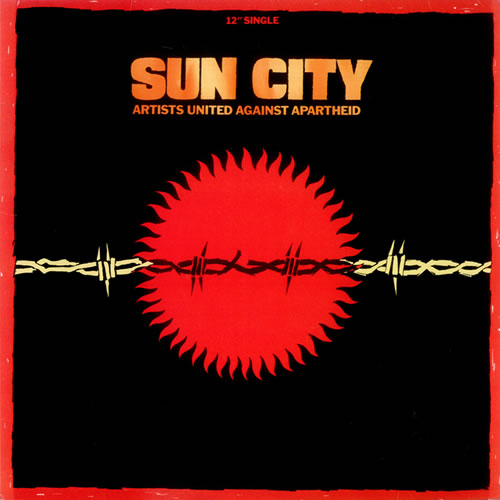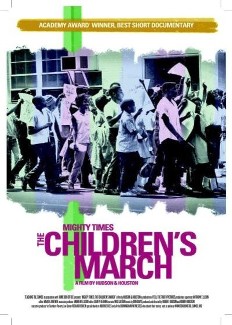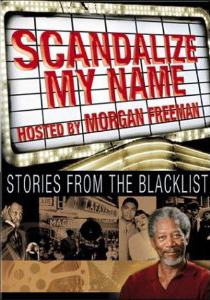 Sing Your Song is a documentary film about Harry Belafonte’s life as a cultural performer and activist for civil and human rights. As the producers explain on the film’s website:
Sing Your Song is a documentary film about Harry Belafonte’s life as a cultural performer and activist for civil and human rights. As the producers explain on the film’s website:
Told from Belafonte’s point of view, the film charts his life from a boy born in New York and raised in Jamaica, who returns to Harlem in his early teens where he discovers the American Negro Theater and the magic of performing.
From there the film follows Belafonte’s rise from the jazz and folk clubs of Greenwich Village and Harlem to his emergence as a star. However, even as a superstar, the life of a black man in 1960s America was far from easy and Belafonte was confronted with the same Jim Crow laws and prejudices that every other black man, woman and child in America was facing.
Among other things, the film presents a brief look at the Civil Rights Movement through the eyes of an insider, someone who despite his high profile, wasn’t afraid to spend time in the trenches.
Film Trailer
 Related Resource
Related Resource
Interview on Democracy Now! with Harry Belafonte about Sing Your Song
Legendary musician, actor, activist and humanitarian Harry Belafonte joins us for the hour to talk about his battle against racism, his mentor Paul Robeson, the power of music to push for political change, his close relationship with the Rev. Dr. Martin Luther King, Jr., and the U.S. role in Haiti. A new documentary chronicles his life, called Sing Your Song. The son of Jamaican immigrants, Belafonte grew up on the streets of Harlem and Jamaica. In the 1950s, he spearheaded the calypso craze and became the first artist in recording history with a million-selling album. He was also the first African-American musician to win an Emmy.
Along with his rise to worldwide stardom, Belafonte became deeply involved in the civil rights movement. One of Dr. King’s closest confidants, he helped organize the March on Washington in 1963. “Going into the South of the United States, listening to the voices of rural black America, listening to the voices of those who sang out against the Ku Klux Klan and out against segregation, and women, who were the most oppressed of all, rising to the occasion to protest against their conditions, became the arena where my first songs were to emerge,” Belafonte tells Democracy Now!










now i know…